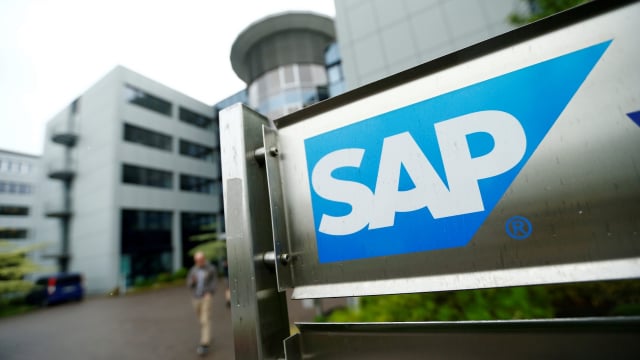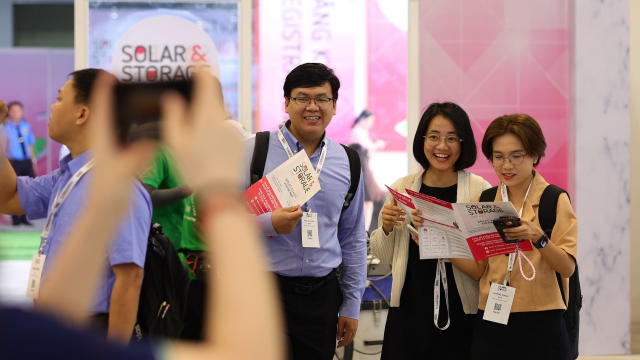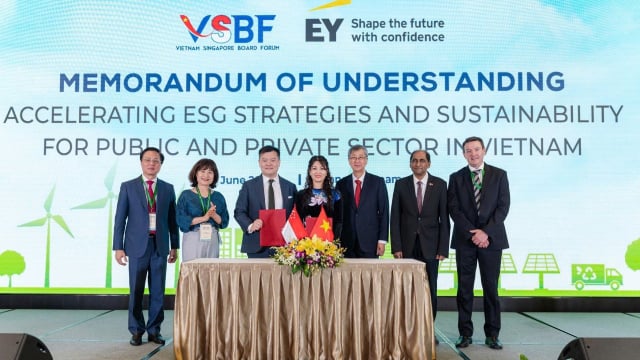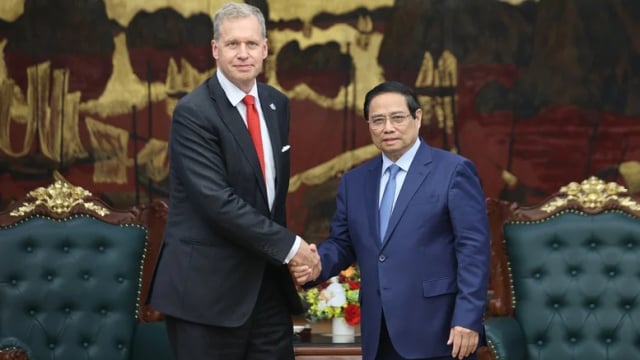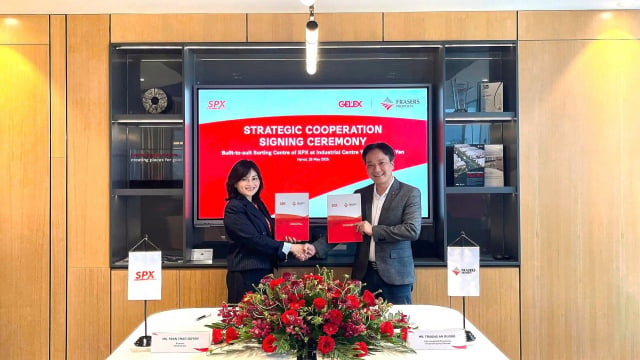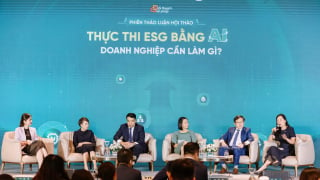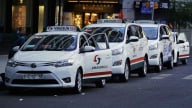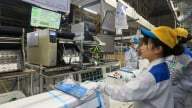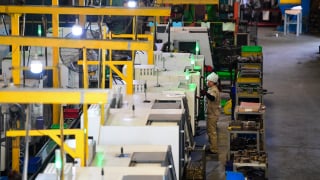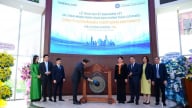Business
Custormer power in closing say-do gap
Leaders can keep in mind that consumer power can scale change, and it is need to make sustainable choices easier for consumers.
The 2020s simply must be the decade when governments and businesses act on what many now see as the climate emergency, alongside a range of other environmental and societal challenges.
The statement was made by Bart De Smet, chairman of Belgian multinational insurance company Ageas, in the article published in Weforum.
He said that governments made many of the right noises about the importance of moving to a net-zero future to limit dangerous warming. However, as has been widely reported, the national pledges made are likely to fall far short of meeting the goals of the Paris Agreement.
He emphasized that the problem was not one of ambition but of developing the mechanisms, roadmaps and incentives critical to deliver on key promises and investments. As UN Secretary-General António Guterres put it: “Collective political will was not enough to overcome some deep contradictions.”
The private sector also see the gap between ambition and action.
In fact, there is much work being done in how companies manage their own operations, in the investment choices they make, and in how they extend their societal impact.
Many are increasingly focusing their attention on the wider impact through their supply chains. While there is still a huge amount to do, all of this is promising and praiseworthy, he said.
However, it seems that a huge source of untapped potential for positive impact is being overlooked. It can includes the role of business in helping billions of ordinary citizens make more sustainable choices and change habits and behaviours.
In Vietnam, Packaging Recycling Organization Vietnam (PRO Vietnam), an alliance of leading businesses in consuming goods, retailing and packaging, has taken actions that focuses on customers to bridge the ‘say-do gap’, aiming at getting wider impact in sustainable goals.
PRO Vietnam’s aspiration and vision are that all of the products produced and distributed in Vietnam by their members will be completely recycled and restored in Vietnam by 2030.
It is set to achieve this objective by enhancing public awareness and accessibility to recycling in Vietnam, working in public venues, increasing the number of collecting points, improving the collecting process, as well as ensuring recycling capacity to readily process what have been consumed.
Bart De Smet emphasized that leaders can keep in mind that consumer power can scale change, and it is need to make sustainable choices easier for consumers.
It’s been the case for quite a number of years that research amongst consumers tells us that they want to live more sustainable lives. Ipsos polling in July 2021 revealed that sustainability continues to be a priority, when 70 per cent globally say they are more worried about the environment now than a year ago.
Even though the challenges have become more pressing, and of increasing concern to citizens, there remains a huge gap between what consumers say they’d like to do and what they actually do, Bart De Smet said.
The simple reason is that they find it hard work to make sustainable choices. Often it feels too complicated, time consuming or expensive to make sustainable choices, particularly when they are living already complex lives, with competing demands on their time, money and attention.
According to the chairman of Ageas, the approach focusing on customers does not rely on deep sustainability expertise across the business. Any customer-focused company already has the skills, insights and impulses to put this into action.
It starts with finding the needs, desires, pain points and frustrations of their customers and using these insights to innovate solutions, products and new business models.
Simply put, looking at your business through the lens of providing sustainable choices will drive value and serve customers as well as creating positive impact, he suggested.
Bringing circular economy knowledge into education
SAP positions Vietnam as key R&D hub with €150 million investment
Located in the heart of Ho Chi Minh City, SAP Labs Vietnam is the second SAP Labs Network hub in Southeast Asia, following Singapore and is one of 20 countries that have SAP Labs globally.
Solar & Storage Live Vietnam returns, leading sustainability and innovation in energy sector
Solar & Storage Live Vietnam event has been running since 2017 and the 2025 edition will be the biggest yet.
New alliance pushes ESG standards for Vietnamese businesses
A new partnership between EY and the Vietnam-Singapore Board Forum (VSBF) is set to strengthen ESG capabilities for Vietnamese businesses, helping shape more sustainable business models.
US giant backs Vietnam’s bid to lead ASEAN gas trade
With strategic deals and strong policy alignment from the Vietnamese government, Excelerate Energy aims to anchor Vietnam’s LNG ambitions in the region.
Frasers Property, SPX Express sign deal for largest sorting centre in Southeast Asia
Scheduled for completion in 2027, the logistics facility will be the first of its kind in Vietnam significantly boosting parcel processing capacity up to 7 million parcels daily.
Gamuda Land secures VND3,750 billion loan for Eaton Park project
Gamuda Land will use the loan to invest in a luxury real estate project in Ho Chi Minh City.


















